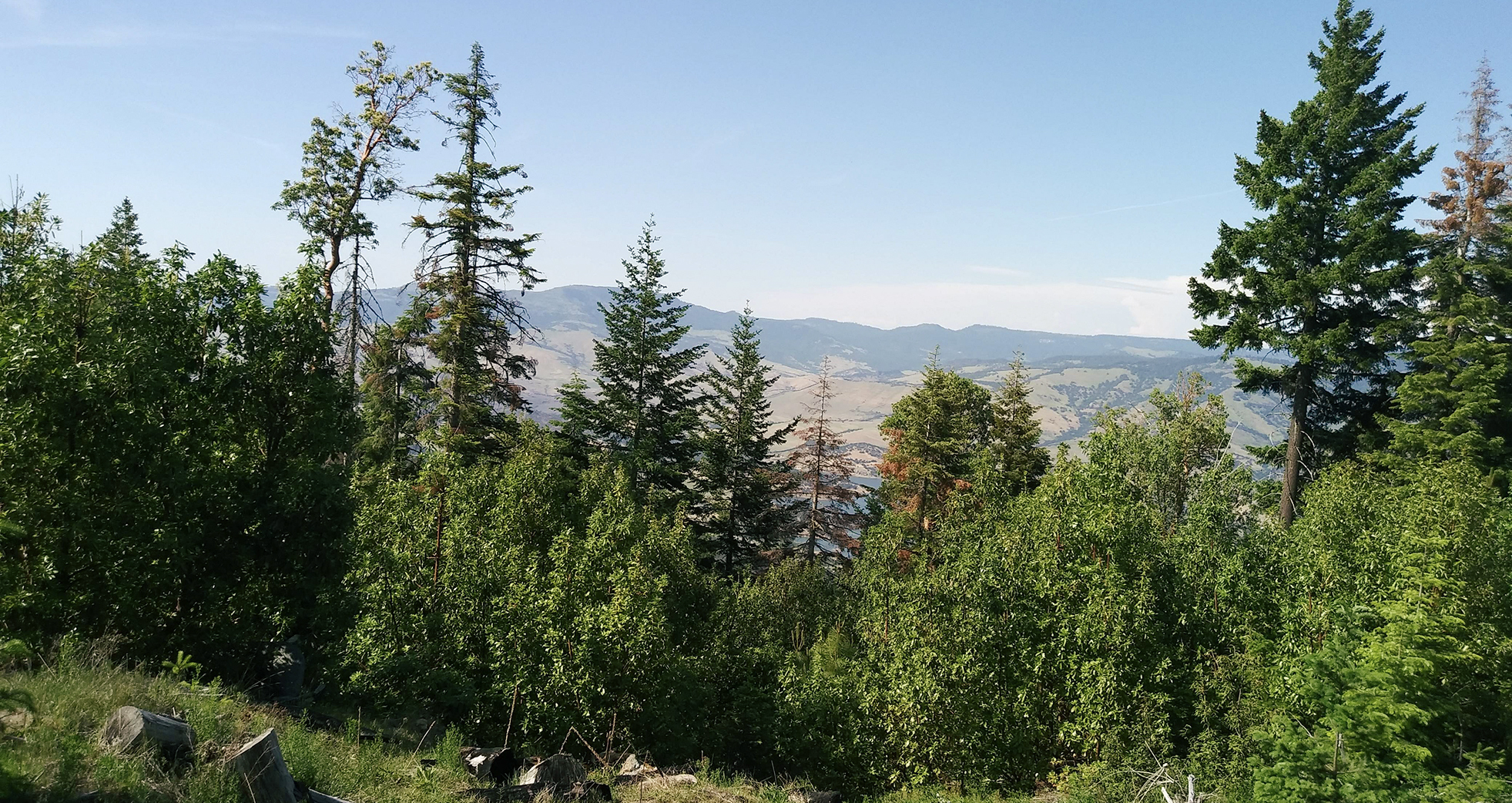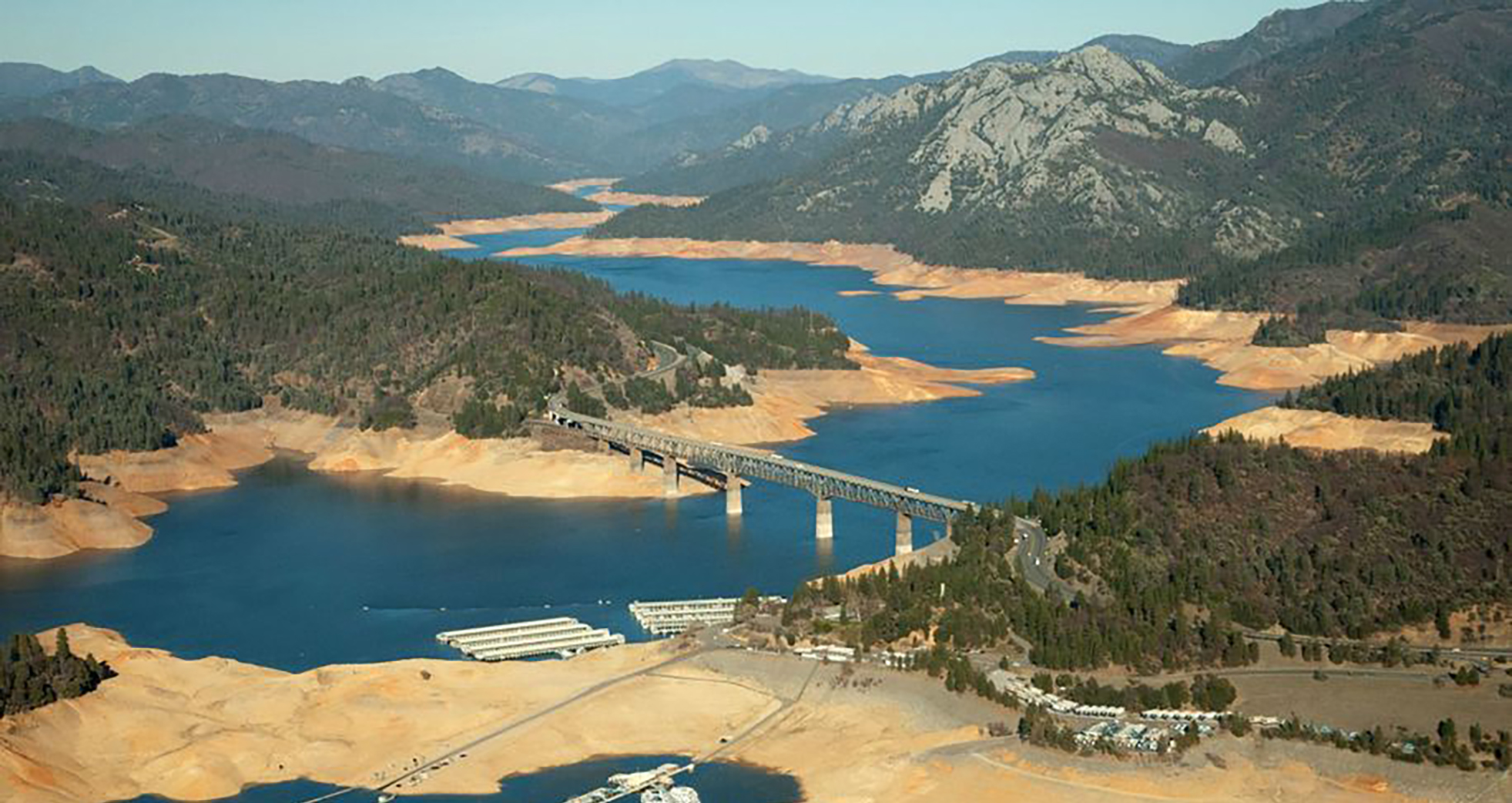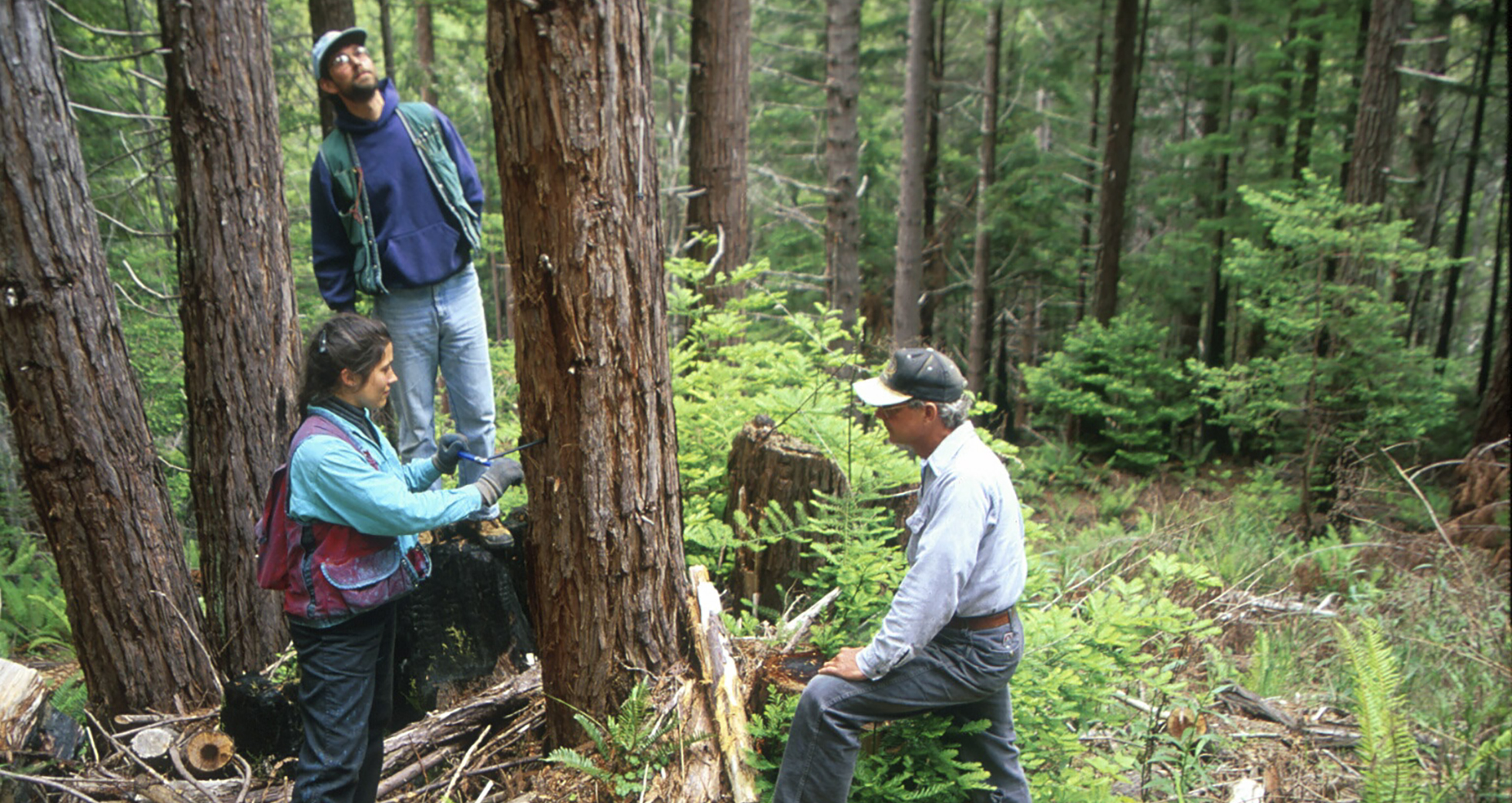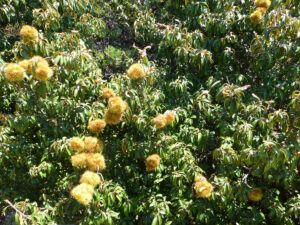FOREST FLASH August 2022
In Pacific Forest Trust’s e-newsletter, Forest Flash, we send you the most recent PFT news and updates on forests, clean water, climate, and wildlife. Subscribe here.

Key to managing for forest resilience is a solid understanding of the resources currently present on a property and what condition those are in. That’s why we’ve been doing a deep dive into the amazing array of natural resources on the Mt. Ashland Demonstration Forest. Building on two years of foundational work at the habitat and forest level, this summer we’ve been undertaking in-depth plant, insect, bird, amphibian, and mammal inventories, as well as learning about indigenous uses and management of this land and its plants and animals. Working with groups like the Klamath Bird Observatory, US Fish and Wildlife Service, Rogue Detection Teams and others, our goal is to see the range of species dependent upon the property both as their permanent home and as migratory habitat. Thus far, we’ve identified at least 182 species of plants, many of which have traditional indigenous use (such as the Golden Chinquapin pictured here) and 45 species of birds. A number of imperiled species are also documented using the property. Surveys will be completed later this year and will be invaluable in shaping our future restoration and management.

PFT has long fought to establish policies and investments that recognize the role of natural source watersheds in supporting water security, promoting adaptation, and protecting biodiversity. Our work includes catalyzing passage of landmark legislation recognizing watersheds as infrastructure on par with built/grey water infrastructure (AB 2480, now PRC §71365) and gaining recognition of the source watersheds of the vast majority or California’s water as a specific region for action (AB2551, also PRC §71365), as well as developing the first comprehensive assessment of watershed condition and the need for large, landscape scale cohesive action. Now, with the leadership of Assemblymember R. Bloom and Senator R. Weikowski, California’s FY 22-23 Budget Bill includes a historic amount of funding for conservation and restoration with a specific focus on comprehensive watershed investments. Our years-long effort to secure focused, regional funding for watersheds is included in the budget with two focal areas – the Cascades and High Sierra Source Watershed Program and the Southern California Watershed and Climate Resiliency Program. Between these two allocations, nearly $400 million is for watershed restoration over the next several budget cycles. The northern watersheds are the source of most the state’s drinking and prime agricultural irrigation water and supply over 80% of the fresh water for San Francisco Bay. Please join us in thanking the Legislature and Administration for this remarkable and long due investment in securing improved function and resilience for California’s water supply.

Following the 2021 Glasgow Climate Convention (UNFCCC COP26), there is increasing recognition of how essential it is to leverage the power of forests, agriculture, wetlands, and other lands in the climate fight. We simply cannot succeed in this fight without nature on our side. One way of doing this is through developing forest carbon offsets that durably change how forests are managed to increase net, resilient carbon stores. In response to the Glasgow Pact, there has been a dramatic increase in the demand for voluntary natural climate offset programs, especially in forests. However, such voluntary programs have varying metrics and standards, leaving them open to confusion with producers and consumers, potential fraud, and misleading consumers as to the impact of their offsets for meaningful climate action.
Markets thrive when risk is low, and the atmosphere benefits when carbon gains are reliable and durable. Transparency in the definition of such carbon offsets, their durability, and co-benefits will strengthen markets and drive improvements in offset quality. As such, PFT has been calling for a federal rating program to increase transparency and standards for natural carbon offsets. We are thrilled that Congressman Huffman, joined by Representatives Grijalva and Castor, has now called on the Government Accounting Office to evaluate how this might be accomplished. The members’ letter states:
“Metrics to gauge the efficacy of offsets – including measuring, reporting, and verification – vary from program to program, making it difficult for consumers to understand their purchase and for policymakers to quantify the impact of these markets. Markets thrive with transparency, while a lack of transparency carries inherent market risk. Consumers of voluntary climate offsets require transparency and well-defined standards in the natural carbon offsets market given the wide variety and possibility for fraud.”
Their leadership in calling for this will help build the market, rewarding producers, consumers, climate, and forests!
Give with confidence. Charity Navigator awarded Pacific Forest Trust a perfect score in finance and accountability.

